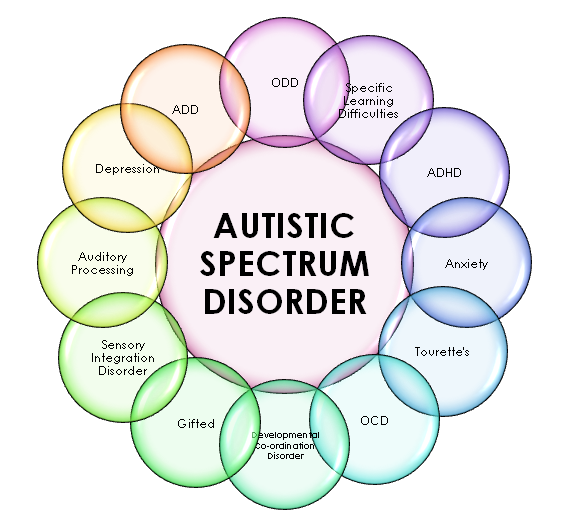Understanding Comorbidities
Top of the Spectrum News As many as 85% of children with autism also have some form of comorbid psychiatric diagnosis. ADHD, anxiety, and depression are the most commonly diagnosed comorbidities, with anxiety and depression being particularly important to watch for in older children, as they become more self-aware. UnderstandingContinue Reading




